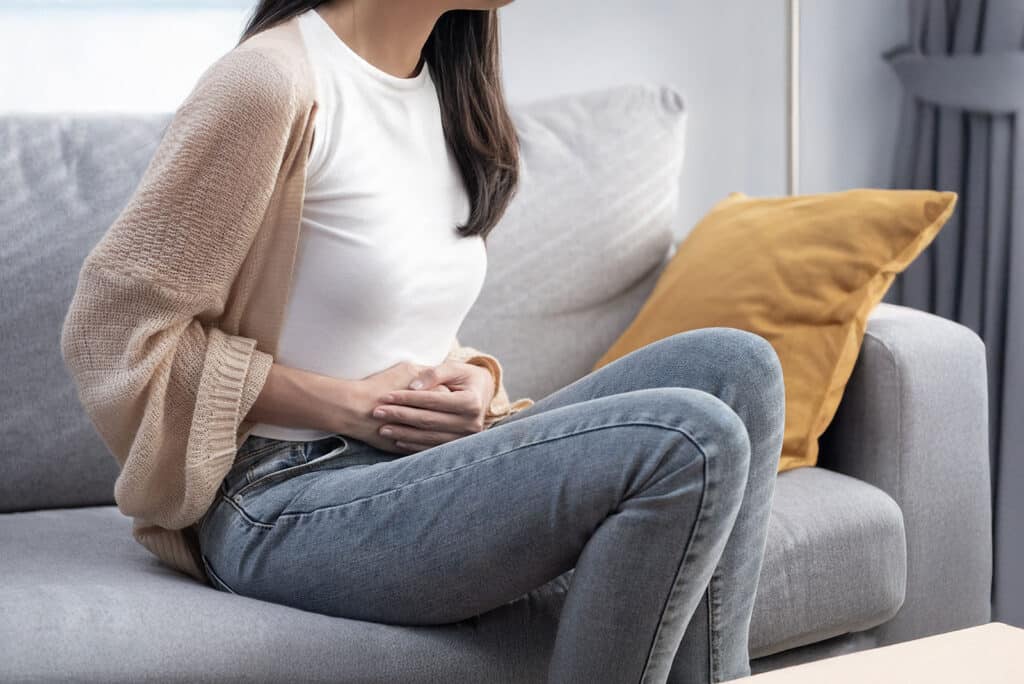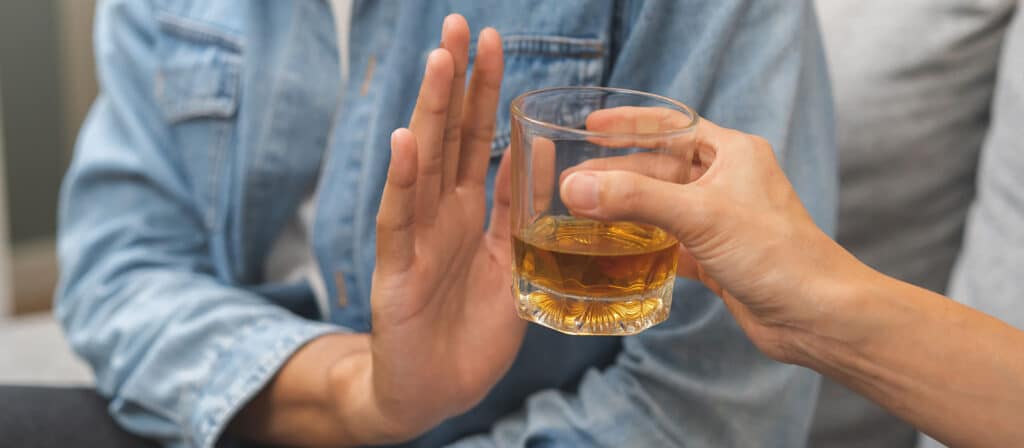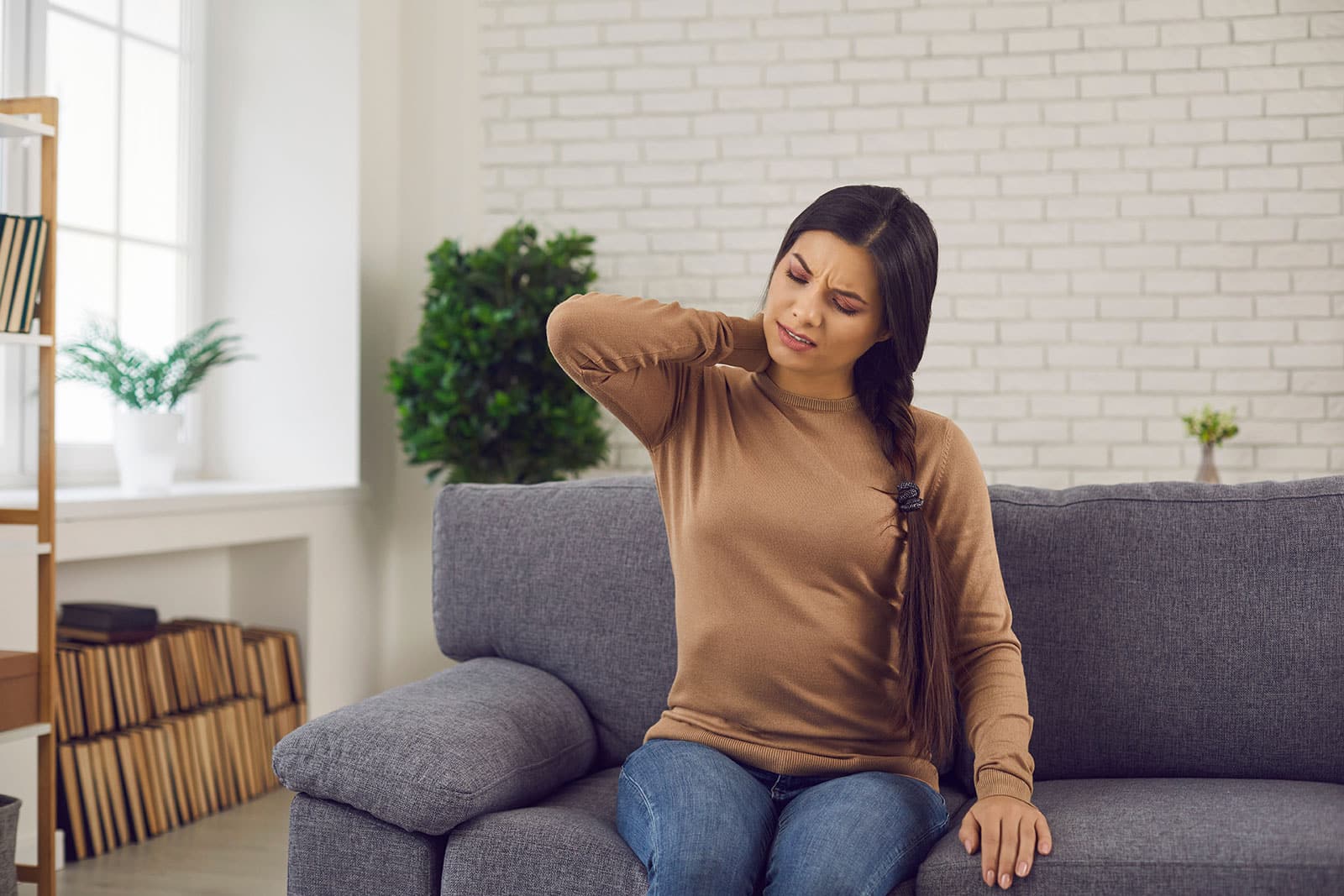For people battling alcohol addiction, prolonged alcohol use can manifest in unexpected ways. Many of us know that alcohol consumption can cause liver damage, but did you know that too much alcohol can also lead to joint pain?
If you suspect you’re getting achy joints after drinking alcohol, you’ve come to the right place.
Today, we discuss the reasons why alcohol can cause joint pain. Read on for strategies and tips on how you can manage your symptoms.
Table of Contents
Can You Get Achy Joints After Drinking Alcohol?
Yes. Alcohol consumption can damage your body, leading to achy joints after drinking alcohol.
The reason behind the joint pain may be due to several factors, such as inflammation and gout. Moreover, your risk of developing joint pain is affected by pre-existing medical conditions and age.
Unfortunately, your symptoms will only worsen as you continue to drink alcoholic beverages. Therefore, understanding the cause of the joint pain is essential to reducing the discomfort.

How Does Alcohol Affect Your Joints?
Pain from alcohol use can manifest in various ways. From arthritis to autoimmune diseases, here’s how alcohol can affect your joints.
1. Inflammation
Alcohol’s effects on your body go beyond just liver damage.
Studies show that it can cause cell and tissue injuries due to oxidative stress. The uncontrolled inflammation may cause joint pain after drinking alcohol.
2. Uric Acid and Gout Attacks
Certain alcohols, like beer, have a high concentration of purines. As your body breaks the purines down, it produces uric acid.
Normally, your body can filter the uric acid. However, excessive drinking causes high levels of uric acid. It builds up in your bloodstream, making your joints hurt. Eventually, the uric acid turns into gout.
Note that scientists warn against drinking alcohol, even in moderate amounts, if you have gout. That’s because alcohol has inflammatory effects that lead to painful gout attacks.
Studies suggest that recurring gout attacks may happen within minutes of drinking wine, beer, and liquor.
3. Alcoholic Myopathy
Drinking alcohol may also cause alcoholic myopathy.
Alcoholic myopathy is a condition where your muscle weakens due to tissue breakdown. You can encounter it suddenly after binge drinking, but symptoms may also appear over time.
According to WebMD, over a third of people with alcoholism suffer joint pain because of alcoholic myopathy.
4. Immune System Response
Excessive drinking impacts your immune system, making you more susceptible to infections. This disrupts the balance of your inflammatory mediators and hinders your inflammatory response. As a result, your risk of feeling pain increases during acute injury.
5. Gut Imbalance
In a 2017 study, scientists discussed how alcohol can overwhelm the GI tract, leading to intestinal inflammation. The inflammation hastens alcohol-induced organ damage.
Unfortunately, the imbalance in your gut is linked to inflammation in other parts of your body, including your joints.
6. Kidney
Another reason why you may get achy joints after drinking alcohol is kidney damage. According to Medical News Today, side effects of kidney damage include swelling of the feet and pain in affected areas.
7. Poor Sleep
Alcohol can significantly impact the quality of sleep, especially in women. Sadly, people experiencing sleep inconsistencies have higher levels of inflammatory biomarkers.
Simply put, the lack of sleep caused by too much alcohol contributes to joint pain.
8. Dehydration
Being a diuretic means alcohol increases your urine production. If you don’t replenish the water and electrolytes you lost, you become dehydrated.
You may not know this, but the cartilage in our joints is made up of about 80% water. When you’re dehydrated, the fluids that surround your joints dry up.
As a result, dehydration is a possible cause of joint and knee pain.
9. Arthritis
While alcohol can’t cause arthritis, it can worsen pain from certain types of arthritis. In particular, alcohol can worsen pain from knee osteoarthritis and rheumatoid arthritis.
On top of this, alcohol interacts with medication for rheumatoid arthritis. The alcohol, combined with NSAIDs like ibuprofen and naproxen, causes stomach ulcers.
10. Weight Gain
Lastly, because alcohol is high in calories, it can quickly lead to weight gain. The extra weight on your body strains your joints and causes knee and joint pain.

Strategies for Managing Joint Pain Due to Alcohol
So, what can you do if you’re experiencing achy joints after drinking alcohol? Below, we discuss some strategies for managing joint pain.
1. Practice Proper Hydration
Since alcohol is a diuretic, drinking more water keeps your joints lubricated and functioning properly. Additionally, while water can’t speed up alcohol metabolism, it does flush uric acid from your system.
Remember, water is good for your kidney function. It can provide pain relief from excessive alcohol drinking.
2. Avoid Heavy Drinking
Next, be sure to only drink a moderate amount of alcohol.
The alcohol you drink impacts your joints and organs, leading to discomfort and pain. To be safe, you should avoid binge drinking and limit your consumption.
The CDC defines moderate drinking as two drinks max for men and one drink max for women per day.
3. Become Selective With Your Beverages
The choice of alcoholic beverages also has effects on your body.
Alcoholic drinks like beer are made from malt, which contains more purine. The purine in beer causes uric acid to form in your body.
Next, beverages like vodka, gin, and whiskey have higher concentrations of alcohol compared to red wine.
If possible, you should avoid alcoholic drinks altogether.
4. Adapt Some Lifestyle Changes
Having a balanced diet and physical activity are great ways to lose excess weight. The fitter you are, the less strain on your joints.
Exercise helps manage stiffness from arthritis and improves your flexibility as well. To avoid achy joints, consider making changes to your lifestyle.
5. Consume Anti-Inflammatory Food
Certain types of food have anti-inflammatory effects, which lessen joint pain. For instance, nuts, leafy greens, fatty fish, and citrus fruits have antioxidants that reduce flare-ups.
You should avoid eating too much red meat and processed food if you’re struggling with achy joints.
6. Manage Stress and Sleep
Be sure to always sleep on time to limit chronic stress. Allow your body to repair itself at night to reduce the inflammation in your body.
7. Consult a Healthcare Professional
Lastly, consult with a healthcare professional if you’re experiencing chronic pain. In some cases, doctors may recommend supplements and pain relief medication that can help you manage your symptoms.

Achy Joints After Drinking Alcohol – When Should You Seek Medical Advice?
Having achy joints after drinking alcohol is common, especially if you have pre-existing conditions. However, if the pain is persistent and unbearable, it’s best to seek professional help.
You should consult with your doctor if you’re experiencing any of the following:
- Extreme pain that progresses after each drinking episode
- Swelling and redness of the affected joints
- Difficulty moving your limbs and limited motions
- Added symptoms like fever or fatigue
- New joint pain in other parts of your body
Of course, controlling your alcohol consumption is the best way to prevent future joint pain. That said, if you’re having difficulty with this, you should also consider therapy programs.
Long Island Treatment Center’s Alcohol Addiction Program
Long Island Treatment Center is a recovery facility that can help you manage the effects of alcohol. We have treatment options for the unique needs of each patient.
Recovering from alcohol abuse isn’t easy, but you don’t have to do it alone. Just like any disease, you can overcome alcohol dependence and addiction.
To give you a better idea of the treatment, here’s an overview of our services.
- Detoxification Programs: You can opt for inpatient, outpatient, or partial hospitalization. We’ll safely purge the alcohol from your body under the supervision of medical professionals.
- Therapies: Learn about the underlying cause of your addiction and build healthy coping mechanisms. We have individual, group, behavioral, and even virtual therapies.
- Contingency Management: Get incentives when you meet specific goals. Stay motivated and committed to your recovery plan.
- Relapse Prevention: Discover how you can prevent relapses and recognize your triggers. Our programs teach you how to form healthy habits for a better life.
- Continuous Support: Join a community of people who understand. Form healthy relationships with a strong support system and become part of the aftercare programs.
With the proper assistance, you’ll be able to obtain a better quality of life. Don’t let your symptoms progress. Reach out to us and let’s work together to find the right treatment for you!

Conclusion
So, can alcohol cause achy joints? The short answer is, yes, it can.
Joint pain from alcohol can happen because of inflammation and arthritis, among other reasons. The more you drink alcohol, the higher your chances of developing this issue.
To combat joint pain, hydration and changes to your lifestyle are key. It’s best to avoid drinking alcohol entirely to allow your body to heal.
In case you’re having trouble controlling your alcohol intake, we’re here to help.
Long Island Treatment Center offers a safe environment where you can recover from alcoholism. Take the first step and start your journey to a better life today!


